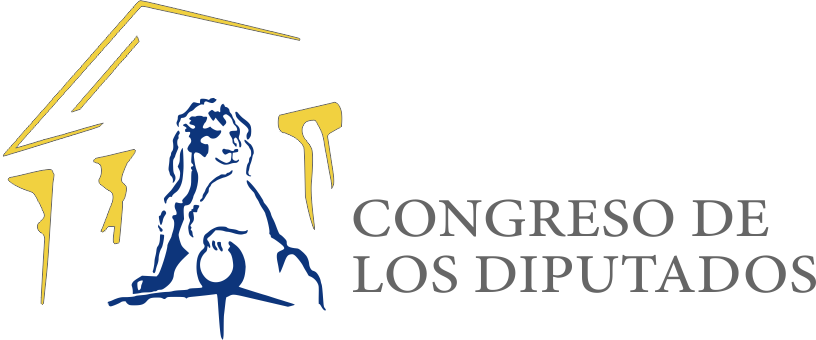Breadcrumb
Navigation Menu
fcontrol
Function of Control
|
In the Spanish parliamentary system, the Government is subject to the control of the Parliament. The intervention of Congress is decisive for its formation and can also provoke its dismissal through various means. The Government is responsible for political management before Congress, a responsibility that has a character of mutual obligation and, consequently, is extended to all members. Parliamentary control is not only affected at the beginning and end of government terms, but is maintained during its entire life. Government Investiture After each electoral renewing of the Congress, and in remaining cases of Government dismissal (loss of confidence in parliament, resignation, or death of its President) it is necessary to build a new Government. In these cases the King, after hearing representatives of the various political parties, proposes to Congress a candidate for Prime Minister, through the Speaker. The candidate proposed must display his political program, immediately opening a debate with the participation of Parliamentary Group representatives. To be granted the vote of confidence and to be named Prime Minister, the candidate needs to obtain an absolute majority of votes from Congressional Members. If the candidate does not obtain this, a second vote is held, in which only a simple majority is required. If the candidate still does not obtain a vote of confidence, a proposal of new candidates must be put forth, following the same procedure. If, after two months, Congress has not elected a Prime Minister, the King must dissolve the Chambers and call for new elections. The election of Ministers and other members of Government is not the responsibility of the Chamber, but of the Prime Minister, who freely proposes his appointments and dismissals to the King. Motions of censure and questions of confidence The approval of a motion of censure or the refusal of confidence are tools with which Congress can instigate the fall of the Government. In either case, these are testimonies to the rupture in the relationship of trust that must exist between Government and the Chamber. The motion of censure is positive, in the sense that it includes the proposal of a candidate for Prime Minister. With this stipulation, it is avoidable that the Chamber can bring down a legal Government, if an agreement does not exist concerning that which must succeed it, and the consequent danger of periods without Government is also avoided. Accordingly, censure of the existing Government implies the simultaneous election of a new one. The presentation of one of these motions must be accomplished by at least one tenth of Congressional Members, and for its approval an absolute majority vote is required. Only the Prime Minister, with the previous deliberation of the Council of Ministers, can raise the question of confidence. Its purpose is to confirm the endorsement of Congress, and it must be formulated in relation to its political program or to a general political declaration. In contrast to what occurs with the motion of censure, only a simple majority is needed. If this is not reached, the Government must present its resignation, opening itself to the procedure of investiture. Interpellations, questions and appearances Congressional Members control the activities of Government and, consequently, public administration, by means of questions and interpellations. Some require a demand of explanation or information directed at the Government. They are different in the sense that the questions can return concerning any matter that is incumbent upon the latter, while the interpellations affect the conduct of the executive branch in matters of general politics, from the Government as well as any ministerial department, which are assumed to be reserved for subjects of general interest. In line with its large scope, the interpellations should be formulated in the Plenary Sittings, whereas questions can receive a governmental response not only in this way, but also in the Committees, or in writing, which is published in the Official Parliamentary Bulletin. Moreover, appearances exist as an instrument of parliamentary control in which a member of Government, authorities, or civil servants go before the Plenary Sitting or a Committee to give in-depth information concerning an issue. Motions, and resolutions Motions and resolutions are acts by which Congress demonstrates its position concerning a subject or definitive problem. Therefore, they contain a statement, which is a demonstration of goodwill from Congress, but its nature is not legislative. Nomination and appointments Congress participates in the designation of officials for certain state bodies. In summary, it is the responsibility of Congress to choose, by a majority of three fifths, four of twelve members of the Constitutional Court and half of the members of the General Council of Judicial Power. By the same majority, six of the twelve members of the Auditing Court must be elected and, together with the Senate, to the Ombudsman. The election of six of the twelve-committee members of the The Board of Directors of the Spanish Radio and television Authority is also its responsibility, and must be elected by a majority of two thirds. |

